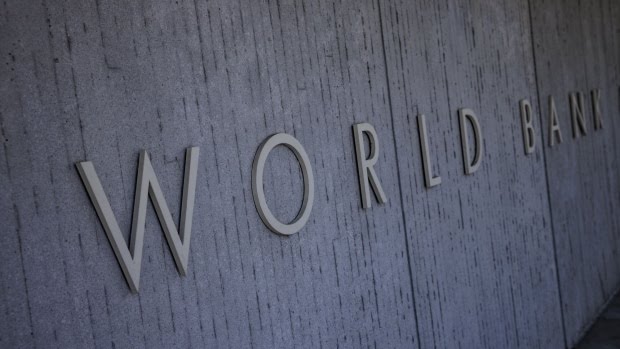World Bank’s Development Committee Reaffirms Commitment to Global Growth Amid Rising Uncertainty
The Development Committee of the World Bank Group (WBG) and the International Monetary Fund (IMF) has reaffirmed its commitment to supporting global growth and job creation amid elevated economic uncertainty and geopolitical tensions.
The Committee, chaired by Sweden’s Minister for Finance, Ms. Elisabeth Svantesson, held its 112th meeting on October 16, 2025, in Washington, D.C., to deliberate on measures to strengthen resilience, sustain economic growth, and promote inclusive development.
In her statement, Ms. Svantesson acknowledged that while global growth has shown resilience, “strains are emerging” as ongoing wars and conflicts continue to impose “a heavy humanitarian toll, with large economic costs and significant negative spillovers.” She stressed the need for “sound policies that foster confidence, build resilience, and safeguard macroeconomic and financial stability,” adding that lasting peace remains essential for sustainable growth and long-term stability.
Governors welcomed the Foundations for Growth and Jobs paper and commended the WBG’s continued support to developing countries in building the physical, human, and natural infrastructure needed for job creation. Members also emphasized the importance of enabling policy and regulatory environments, deepening regional trade integration, and mobilizing private capital — with the International Finance Corporation (IFC) and the Multilateral Investment Guarantee Agency (MIGA) expected to play central roles.
The Committee urged the WBG to continue leveraging its financing and knowledge capacity to lift barriers to job creation and boost private sector investment, while supporting efforts to expand access to quality education, including technical and vocational training, and removing barriers to entrepreneurship, particularly for women and girls.
Governors further applauded the WBG’s ongoing initiatives to expand access to affordable and reliable energy, notably Mission 300 — a partnership with the African Development Bank and other partners aimed at accelerating energy access on the continent. Rising energy demand, driven by digitalisation and industrial activity, was highlighted as a pressing global challenge.
On fiscal and debt issues, members called for closer WBG–IMF collaboration to support debt sustainability and transparency in vulnerable economies, as well as stronger domestic resource mobilisation efforts.
Governors acknowledged the WBG’s ongoing institutional reforms to become “faster, simpler, more efficient, and impactful,” while maintaining its triple-A rating and financial sustainability. The Committee also noted progress in fiscal year 2025, with the WBG committing $118.5 billion in financing and mobilising $69.9 billion in private capital. Climate co-benefits accounted for 48 percent of FY25 project outcomes.
Members renewed their call for greater focus on low-income countries, fragile and conflict-affected states (FCV), and small states, while also initiating dialogue on challenges facing middle-income economies. They expressed strong support for the implementation of the International Development Association’s (IDA21) commitments and welcomed progress on the 2025 Shareholding Review.
The Committee’s next meeting is scheduled for April 2026, in Washington, D.C.








